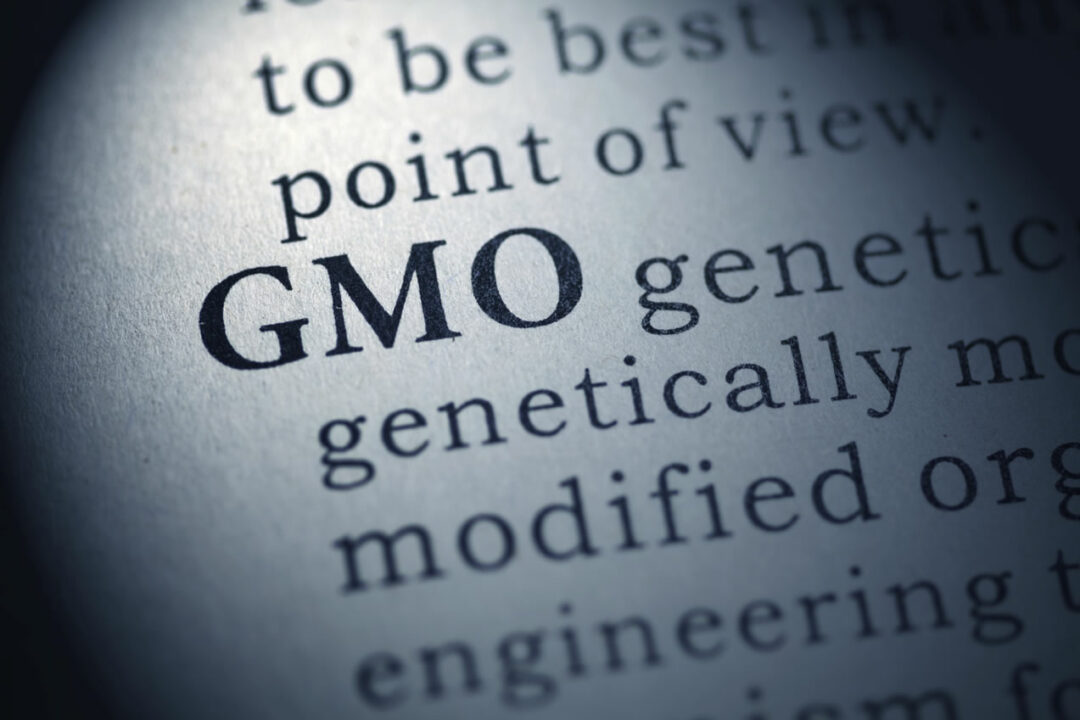
National Academy of Sciences Releases Report on GMOs

Among their findings, the committee found no evidence that GMOs posed any adverse health effects that can be directly attributed to the consumption of food derived from GMOs. This is based on the available epidemiological data, but the committee does acknowledge that long-term epidemiological studies have yet to address GMO consumption. The committee was also unable to find conclusive evidence that insect- or herbicide-resistant crops reduced the overall biodiversity of insect and plant life on farms, though because of the complexities of assessing long-term environmental changes, they cannot conclusively say that GMOs pose no risk.
While most of these findings validate what the pro-GMO community has been saying, the committee contradicts them on an important point: yield. Advocates for farming GMOs cite greater yields which, given the global demand for food, are necessary to “feed the world.” However, after examining data on the overall rate of increase in yields of soybean, cotton and maize in the United States for the decades preceding the introduction of GMOs and after their introduction, the committee found no evidence that GMOs had improved the rate of yields.
The report also makes a point to explain that new technologies in both genetic engineering and conventional breeding are seriously blurring the lines between the two crop-improvement methods. One example they provide is the genome editing technology CRISPR/Cas9, which can make a genetic change by replacing a single nucleotide in a specific gene. This same change can be achieved by a method—considered conventional breeding by most national regulatory systems—that uses radiation or chemicals to induce mutations and then uses genomic screening to identify plants with the desired mutation.
Because these newer methods fail to fit within the current regulatory framework, the committee recommends a focus on assessing to what extent novel characteristics created through either genetically engineering or conventional breeding can pose a risk to human health or the environment. This means regulating the product rather than the process. Additionally, while the committee does not believe labeling GMO content is justifiable to protect public health, they acknowledge that the issue of transparency goes beyond technical assessment, involving social, economic and value choices on the part of consumers.
Anti-GMO advocates have taken the report to task, citing conflicts of interest among those authoring the report. Food and Water Watch released an issue brief on May 16 titled, “Under the Influence: The National Research Council and GMOs” detailing the National Research Council’s (NRC)—the research arm of the National Academies of Sciences—ties to biotechnology companies. The conflicts described in the brief include taking millions in funding from biotechnology companies, inviting sponsors like Monsanto to sit on high-level boards that oversee NRC’s work, inviting industry-aligned pro-GMO scientists to author NRC reports and operating at times as a private contractor for corporate research.
Because NRC is an independent source of expert advice chartered by Congress to provide scientific guidance to the government, the organization’s influence on public policy is significant. While they are required by Federal Advisory Committee Act to limit their conflicts of interest, the brief by Food and Water Watch calls NRC’s commitment to impartiality into question.
“Weak, watered-down or biased findings from the NRC have a very real impact on our food system,” said Tim Schwab, a food researcher for Food and Water Watch in apress release. “This is where science can become politicized. Companies like Monsanto need favorable science and academic allies to push their controversial products through regulatory approval and on to American farms. Corporate agribusinesses pour millions of dollars into our public universities, play a heavy hand in peer-reviewed scientific journals and seek to influence prestigious scientific bodies like the National Research Council.”
Published in WholeFoods Magazine Online 5/18/2016

The editorial team at WholeFoods Magazine has decades of experiences reporting on natural products industry news, trends, and more. This national, monthly business-to-business magazine has been published continuously for nearly 40 years (the magazine was founded in 1977, and has been owned by Wainer Finest Communications since 1984). It is the longest-tenured media outlet of its kind in the natural products industry. The editorial focus at WholeFoods Magazine is, and always has been, on informing and educating members of the natural products industry.
The Magazine
Information
About Us
NOTE: WholeFoods Magazine is a business-to-business publication. Information on this site should not be considered medical advice or a way to diagnose or treat any disease or illness. Always seek the advice of a medical professional before making lifestyle changes, including taking a dietary supplement. The opinions expressed by contributors and experts quoted in articles are not necessarily those of the publisher or editors of WholeFoods.







